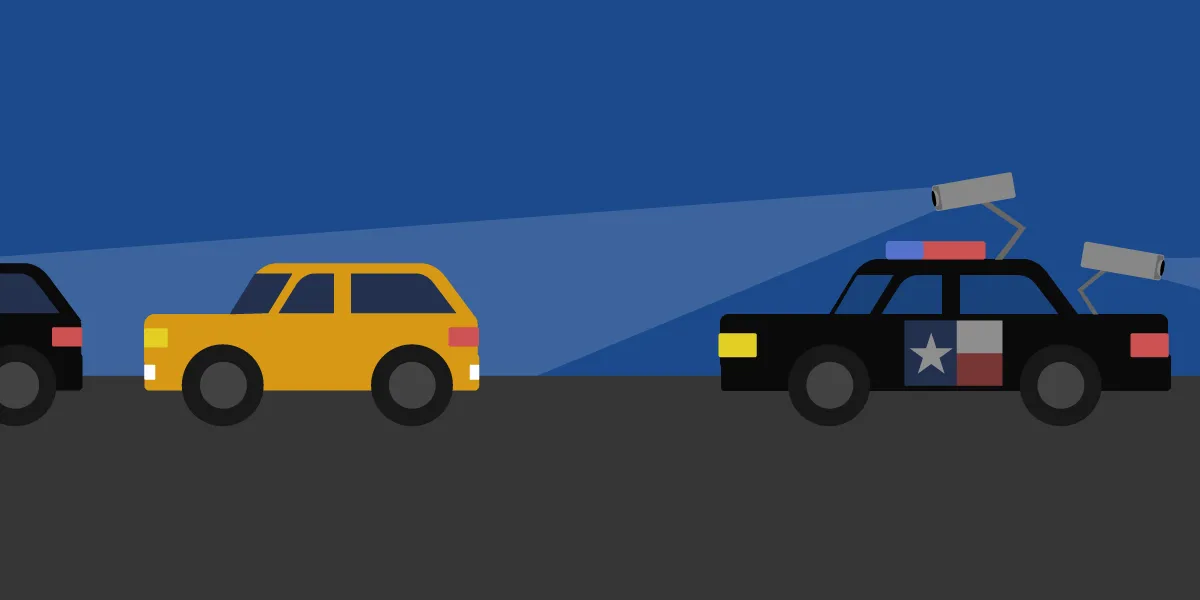I used to think "Websites can only see my IP address, right?" but when I looked into it, it turns out that's not quite the case 💭
It's true that IP addresses only reveal your general location (like city or region). But besides that, websites seem to be trying to learn a bit more detailed information about you ✨
What Kind of Information is an IP Address?
First, an IP address is like a "house number" for devices connected to the internet 👀
But this address usually doesn't specify the exact apartment room number - it mostly just shows "around ○○ city" level of general location 🌸
So rather than "It can identify individuals!", it's more like "It can tell roughly where you're accessing from" ✨
What Else Can They Find Out Besides IP?
This is where it gets interesting! Besides IP addresses, websites might be quietly looking at various other information about you 🤔
For example...
- Browser type and version
Chrome? Safari? Or your phone's default browser? They can tell - Operating System (Windows, Mac, iPhone, Android, etc.)
They know what kind of device you're using - Screen size and resolution
They can roughly tell if you're using a smartphone or computer - Language settings
They can see what language your browser menu is set to, which gives hints about your country or region - Cookies and tracking information
They remember if you've visited the site before, your favorite products, or what you've searched for
All this information is also used to make websites more comfortable to use, but it feels like you're revealing quite a bit about yourself without even knowing it 😳
Why Do They Want This Information?
Websites collect this information to provide appropriate displays and ads for users, and to prevent unauthorized access 💡
For example, things like "switching to mobile display" or blocking suspicious access are helped by this information 👍
But everyone has different preferences about how much they want to reveal~. In such cases, using privacy protection tools or VPNs might be worth considering 🧠✨
Hmm, the internet is convenient, but I realized we're being watched quite a bit without even knowing it 💭
I never really thought about it much before, but maybe it's not a bad idea to be a little more conscious about it 🥺✨
Comments
クリス
Websites can collect vast amounts of information like TLS fingerprints, language, timezone, blocked domains, extensions, screen size, fonts, Do Not Track settings, Canvas and WebGL behavior, CPU cores, memory, network information, IP addresses, and more.
グレース
There's a lot depending on your environment, but extensions, language, fonts, OS, DNS addresses, regional information, browser details can be collected, and there's also WebRTC leakage to watch out for.
ロバート
If you don't take any measures, there's a possibility you could be personally identified by websites.
ハンナ
You can be identified by your browser or device's unique fingerprint even without cookies, and while GPS and camera require permission, your IP and browsing history are definitely being collected.
リリー
If you have doubts about anonymity, you should probably assume you're almost completely tracked already.
エイダン
Try checking using https://coveryourtracks.eff.org/
クロエ
IP location information is usually at the city level, but depending on the ISP and database, it can sometimes pinpoint your neighborhood, though IP is actually one of the least important pieces of information.
クリス
What websites really collect includes Canvas and WebGL quirks, font lists, screen resolution and color depth, extensions, CPU core count, memory, OS, timezone, language settings, Do Not Track status, and much more.
ジョージ
TLS cipher suite information, network TTL, latency patterns, even mouse and scroll movements can be monitored, and they might detect if you're blocking ads.
ノーラン
With JavaScript enabled, hundreds of data points can leak, and when combined, they create surprisingly unique fingerprints, so even using a VPN can still lead to cross-site identification.
サム
The amount of information is truly enormous and disappointing, isn't it?
レオ
They might even identify the manufacturer of the smartphone or laptop you're using.
ワット
IP addresses can trace you to your neighborhood, but pinpointing the exact apartment room number is difficult. Definitely use a VPN.
Kaleb
If your IP is used from a smartphone, that smartphone's location data can also be linked, making it quite accurate.
キンバリー
Without going into too much detail, third-party trackers sometimes use visited popular sites, browsing behavior, spending willingness, potential fraudulent user detection, and even bot identification.
ロバート
Ultimately, it depends on how much the website operator wants to know.
リリー
IP reveals your area and ISP, but depending on the ISP, they might have more detailed information.
リリー
If your IP is static, your visit history can be tracked, and your address might even be revealed (accuracy aside).
クリス
If the ISP decides to share information, they could potentially provide personal details.
グレース
From your browser, OS, screen size, extensions, etc. are easily exposed, and the detection range varies depending on settings.
ジョージ
By combining information, they could infer things like 'IP is from Germany but accessing from an English PC in Pacific Time zone, probably a VPN user.'
ロバート
How much they can infer depends on the amount of information collected and the website's intelligence.
ベン
If you're concerned, check it out at https://coveryourtracks.eff.org/!
ワット
IP addresses can trace you to your neighborhood, but pinpointing the exact apartment room number is difficult. Definitely use a VPN.









